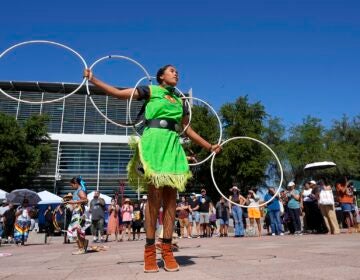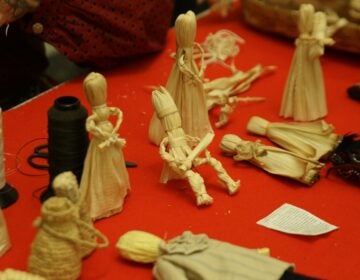Princeton is the 2nd N.J. locality, first in Philly region to observe Indigenous Peoples’ Day
Local officials say Princeton is not replacing Columbus Day since it did not observe the holiday to begin with.
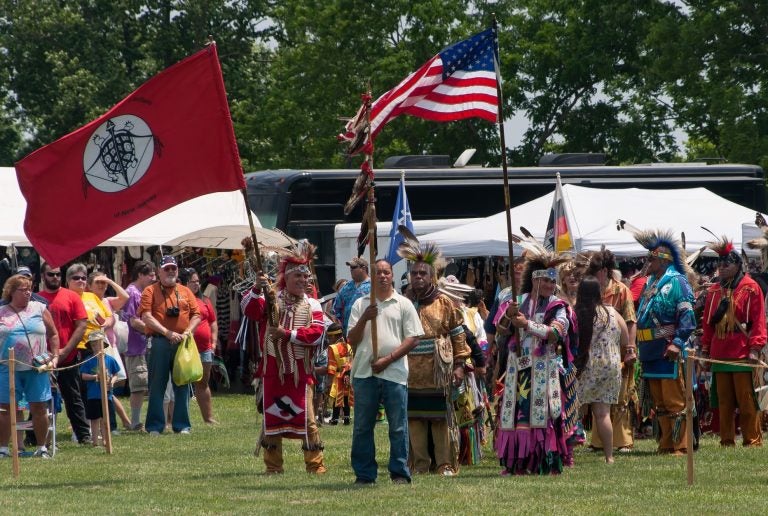
Nanticoke Lenni-Lenape Tribal Nation (Courtesy of Cultural Heritage Partners)
Princeton is the second local government in New Jersey and the first in the Philadelphia region to observe Indigenous Peoples’ Day.
In September, the Princeton Council passed a resolution naming the second Monday of October Indigenous Peoples’ Day. It joined more than 100 U.S. cities and a handful of states that have decided to rename or replace Columbus Day, which has been a federal holiday since 1934.
But contrary to some press accounts, local officials say Princeton is not replacing Columbus Day.
Unlike other cities in the region, like Philadelphia, Princeton did not have a parade in Columbus’ honor or other celebrations to begin with.
“We went into it not intending to do something that was going to be controversial,” said Princeton Councilmember Leticia Fraga, who helped draft the resolution. “Not that we were shying away from it, but at the same time, taking into consideration [neither] Princeton nor the school district has observed Columbus Day.”
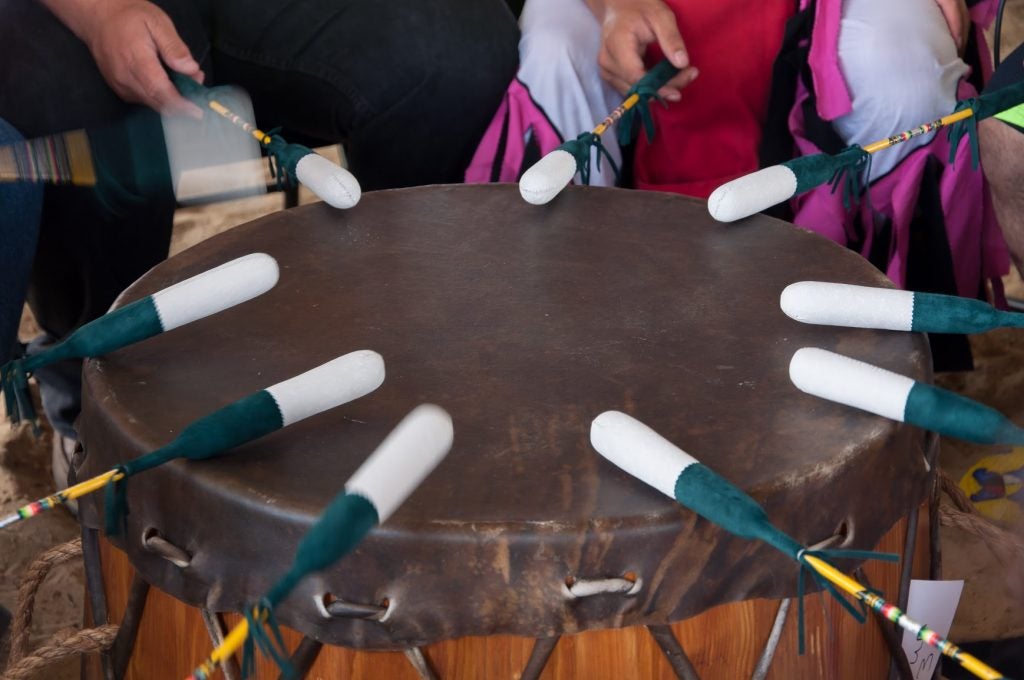
The request to observe Indigenous Peoples’ Day came from two non-indigenous Princeton residents during a council meeting last October. The Princeton Civil Rights Commission took on the task of drafting the measure earlier this year.
Fraga, who also sits on the commission, said the group looked at what other cities like Seattle had done when they adopted a similar measure. Newark is the only other municipality in New Jersey to observe Indigenous Peoples’ Day.
In Pennsylvania, Lancaster celebrates Indigenous Peoples’ Week during the first week of October, and Millvale, in the western part of the state, passed a measure this spring to mark Indigenous Peoples’ Day on the second Monday of the month.
Philadelphia hasn’t adopted a resolution recognizing the day, but the city has annual festivals celebrating indigenous people.
“We wanted to make it unique to Princeton,” said Fraga. “We didn’t want to just copy and paste. We wanted to make it unique … We wanted it to be meaningful.”
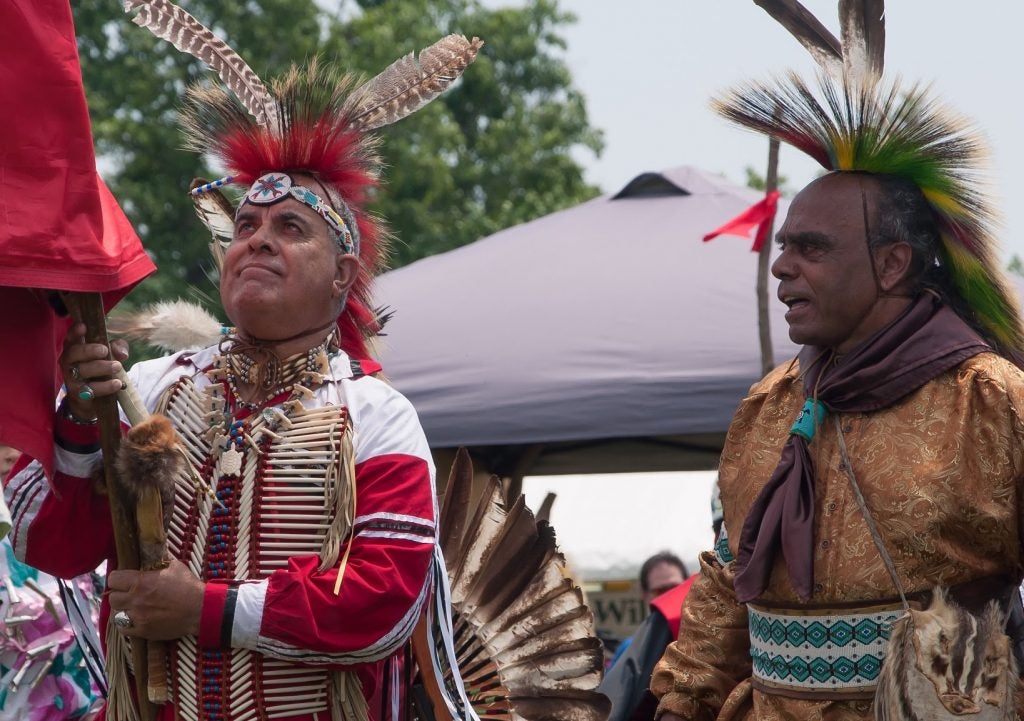
A ‘positive’ resolution
The petition to observe Indigenous Peoples Day came from non-indigenous people, but the group drafting the resolution made it a point to reach out to indigenous leaders in South Jersey.
One of those leaders was the Rev. John Norwood of the Nanticoke Lenni-Lenape Tribal Nation.
“To the best of my knowledge, there were no native rallies, no native marches. No one felt under pressure. They just decided that they were going to try to do the right thing,” said Norwood, who said he was happy to consult on the wording of the document.
Norwood said it can be easy for well-intentioned people to misstep when writing pieces meant to honor indigenous people.
“If they don’t have a community right there near them to interact with, there will be presumptions sometimes based on stereotypes,” he said.
Thanks to the input of Norwood and others, the final resolution avoided reducing indigenous nations to “groups” or calling them “prehistoric” — they prefer to say “pre-contact” with colonists.
Princeton’s Civil Rights Commission also made it a point to acknowledge native history in the state.
The resolution notes Princeton was built on land that Native Americans cared for and lauded their sustainability practices. The document also acknowledged the role European colonists played in the near extermination of these stewards of the land in New Jersey and beyond.
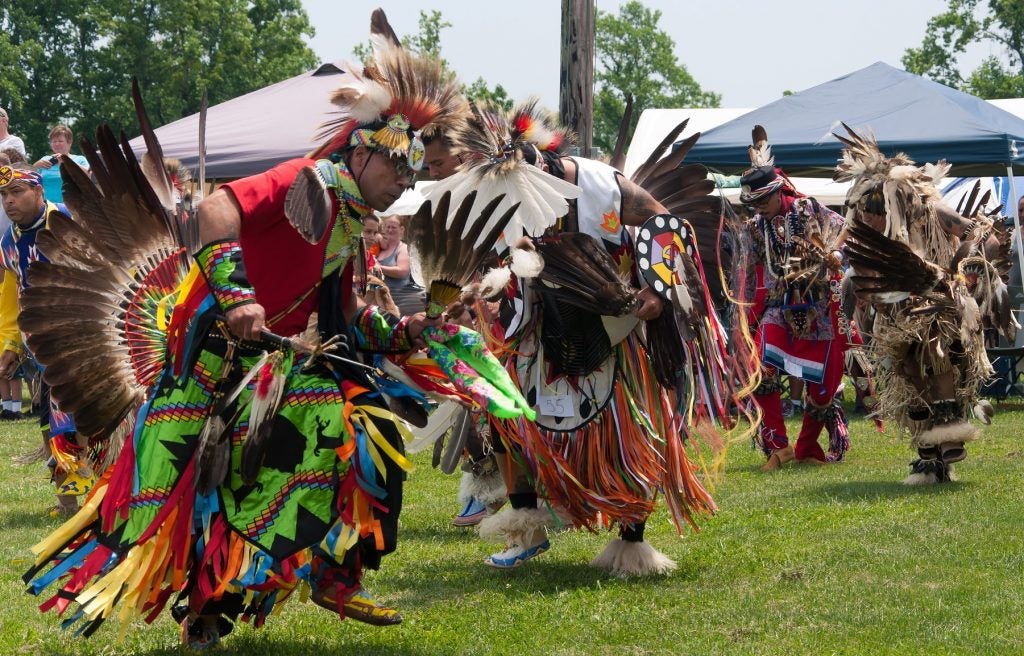
Norwood said he appreciates that the resolution also took note of more recent struggles, including his nation’s years-long court battle to regain state recognition after it came under question during Gov. Chris Christie’s tenure.
Last November, Attorney General Gurbir Grewal settled civil rights suits with the Nanticoke Lenni-Lenape Tribal Nation, making it so members could have access to federal grants for health and education, as well as the right to label traditional crafts as “American Indian-made.”
For Fraga, the resolution is meant to be more than a gesture. It’s a first step in revising a long-distorted or completely overlooked history of indigenous people.
The document applauds the Princeton School District’s efforts to include local indigenous history in its curricula and commits the municipality to creating annual programming that will commemorate Indigenous Peoples’ Day.
“What we wanted to do was to have a resolution that is positive, that is going to be leading the effort to do educational outreach,” Fraga said.
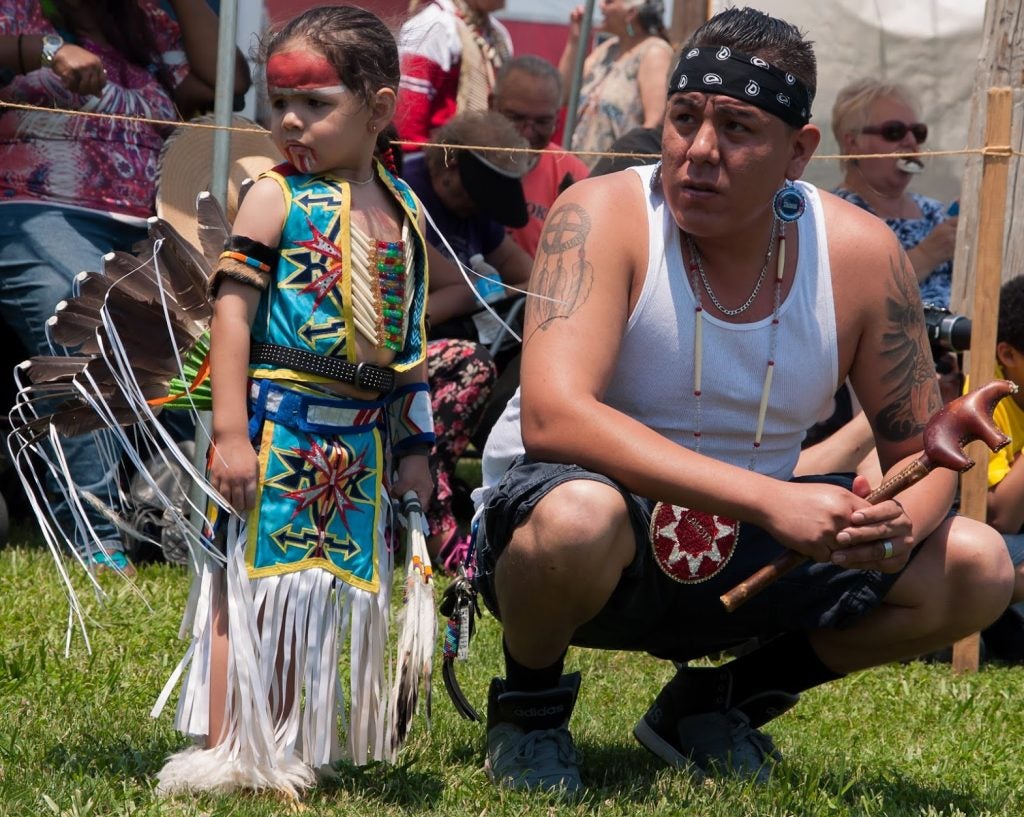
Councilmembers actually left out any mention of Columbus in their resolution, in part, because they were aware of the kind of backlash challenging the Italian explorer’s legacy can bring.
The holiday has become one way many Italian-Americans embrace their heritage, while others have urged more scrutiny of Columbus’ life and legacy, and the devastating impact European colonization had on indigenous people.
Still, inaccurate news headlines reporting Princeton had dropped Columbus Day led to some pushback from a national Italian-American group and an op-ed warning against “virtue signaling.”
One news story garnered hundreds of comments against “dropping Columbus Day,” though it’s unclear how much of the blowback is from Princeton.
Norwood, who consulted on the draft, said he’s not surprised.
“I think that sometimes what happens is that there is a presumption that it’s unnecessary or that celebrating ingenious people means you’re anti-something else,” he said.
Because the resolution only passed in September, there’s not a lot of programming planned for Princeton’s first Indigenous Peoples’ Day.
The Princeton Public Library will screen “Dakota 38,” a documentary about the 1862 killing of 38 Dakota men in Minnesota, the largest mass execution in U.S. history.
Next year, Princeton councilmembers expect to create more programming in partnership with Princeton University.
WHYY is your source for fact-based, in-depth journalism and information. As a nonprofit organization, we rely on financial support from readers like you. Please give today.


